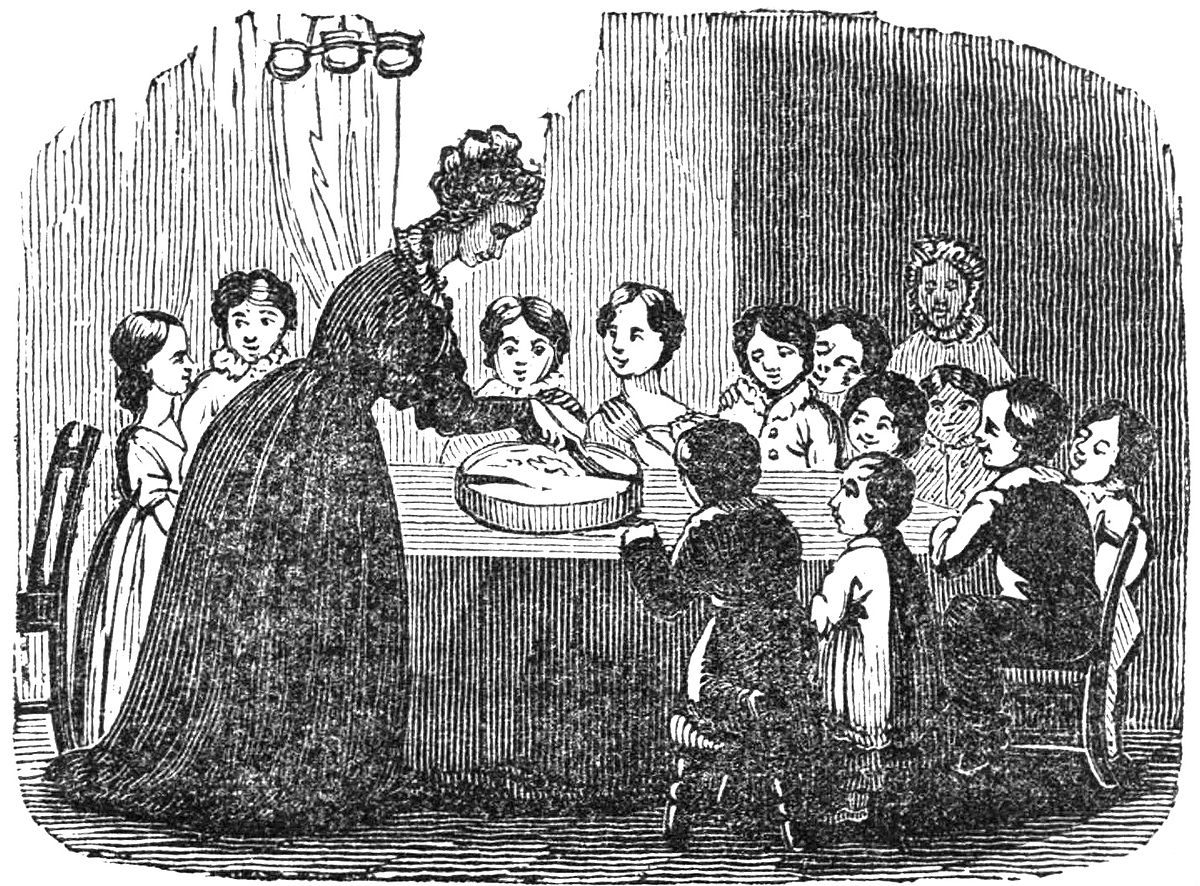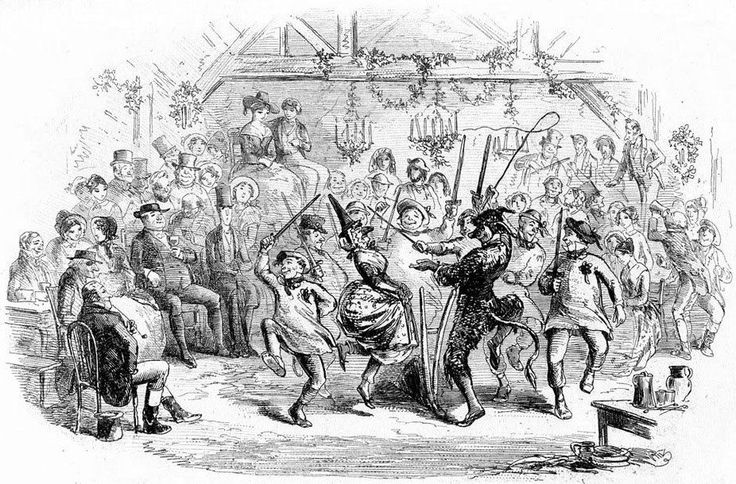New Year’s Day
According to William Hone’s period tome, The Every Day Book, New Year’s Day in London was primarily celebrated with small social gatherings and the wearing of new clothes (out of a superstition that not doing so was unlucky—which Mr. Hone disparages). He also says, “The only open demonstration of joy in the metropolis, is the ringing of merry peals from the belfries of the numerous steeples, late on the eve of the new year, and until after the chimes of the clock have sounded its last hour.” I think I’d prefer that to fireworks.



